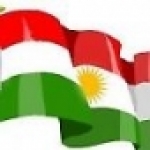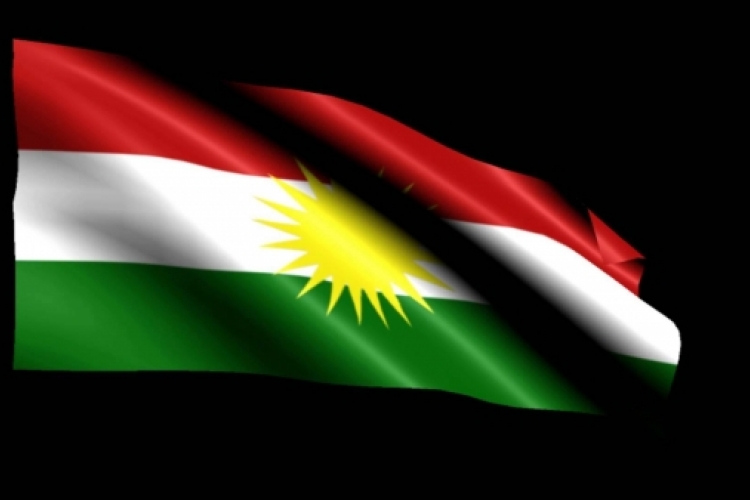The New Yorker in son sayisinda
Bush yonetiminin Iran a karsi icerirde bazi gizli girisimlerde bulundugunu ifade eden bir makale yayinladi.
benim dikkatimi ceken bir husus
su iki satida :
The Finding provided for a whole new range of activities in southern Iran and in the areas, in the east, where Baluchi political opposition is strong, he said.
ABD nin Baluch lari destekledigi idda ediliyor. ilginc
Kurd muhalefet baluchi muhalefetinden kat kat guclu ve dinamik oldugunu bilyoruz.
bilmedigimiz
iran daki kurd hareketleri nin abd de ile baglanti halinde olup olmadigi.
eger kurd-us kontagi yoksa
neden beluch lar da kurdler degil?
ucuzculuk yapmadan uzerine dusunmeye deger.
uluslarrasi iliskilerde baglanti herseydir
izolasyon ise en berbat seydir.
pkk lilere ozel olarak duyrulur
almanyadan yakinacaklarina
yakinmayacaklari kosullari olusturmaya baksinlar
(ibo hakli yani)
HeK








sorumun cevabi 5 sayfada- The New Yorker